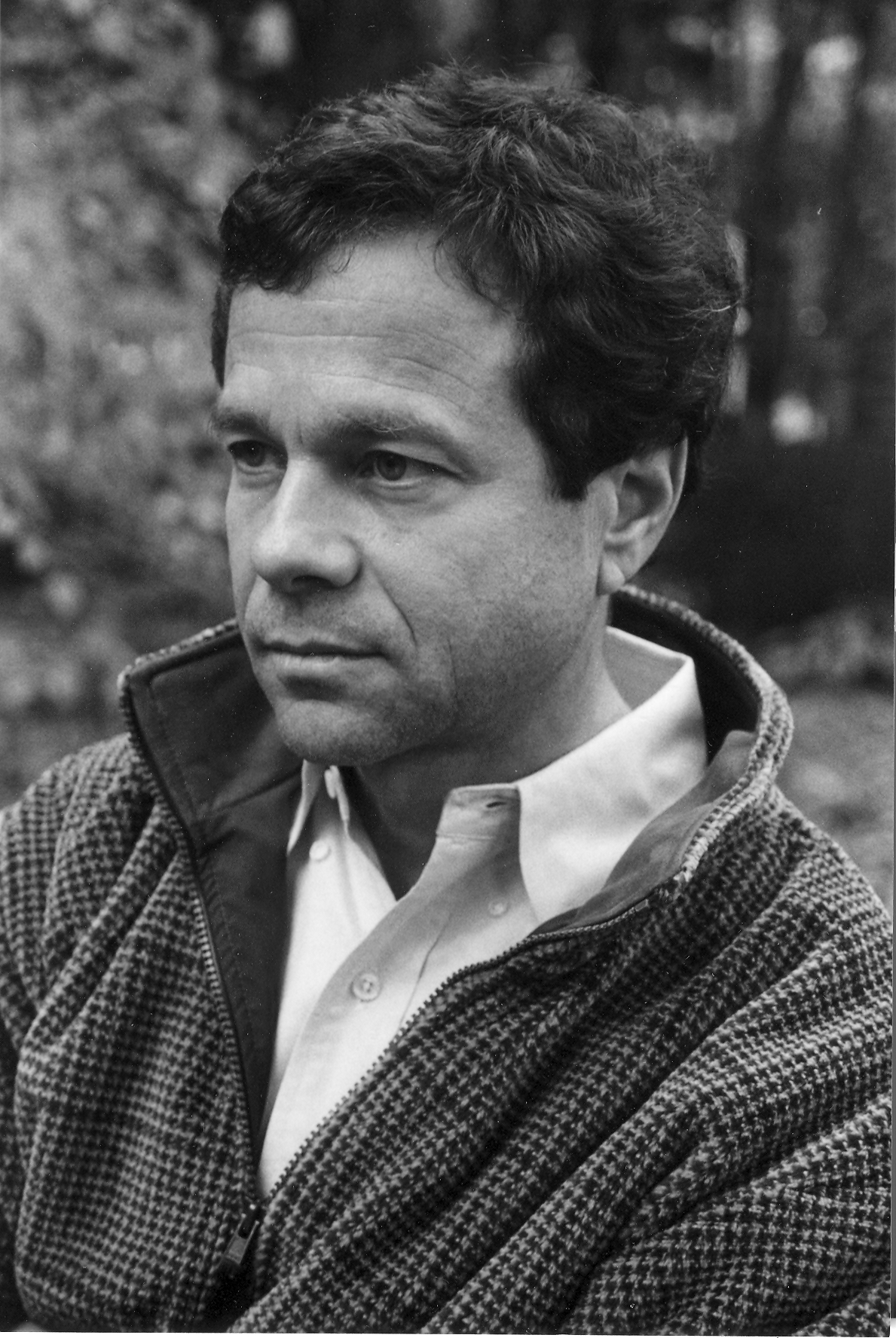“The tragedy of this world is that no one is happy, whether stuck in a time of pain or joy.”
Fuente: Einstein's Dreams
Alan Paige Lightman es un físico americano, escritor, y emprendedor social. Se ha desempeñado en las facultades de Harvard e Instituto de Massachusetts de Tecnología
y es actualmente profesor de la práctica de las humanidades en MIT. Es ampliamente conocido como el autor del éxito de ventas internacional Los sueños de Einstein. Los sueños de Einstein se han adaptado a docenas de producciones teatrales independientes y es uno de los "libros comunes" más utilizados en los campus universitarios. . La novela de Lightman, The Diagnosis, fue finalista para el National Book Award.
Lightman fue el primer profesor en MIT en recibir una cita conjunta en ciencias y humanidades. Recibió cinco títulos honoríficos. También es el fundador de la Fundación Harpswell, una organización sin fines de lucro cuya misión es promover una nueva generación de mujeres líderes en el sudeste asiático.
Wikipedia

“The tragedy of this world is that no one is happy, whether stuck in a time of pain or joy.”
Fuente: Einstein's Dreams
“Suppose time is a circle, bending back on itself. The world repeats itself, precisely, endlessly.”
Fuente: Einstein's Dreams
A Sense of the Mysterious : Science and the Human Spirit (2005), p. 200<!-- Pantheon Books isbn=0375423206 -->
Contexto: In the 1950s, academics forecast that as a result of new technology, by the year 2000 we could have a twenty-hour workweek. Such a development would be a beautiful example of technology at the service of the human being.... According to the Bureau of Statistics, the goods and services produced per hour of work in the United States has indeed more than doubled since 1950.... However, instead of reducing the workweek, the increased efficiencies and productivities have gone into increasing the salaries of workers.... Workers... rather have used their increased efficiencies and resulting increased disposable income to purchase more material goods.... Indeed, in a cruel irony, the workweek has actually lengthened.... More work is required to pay for more consumption, fueled by more production, in an endless, vicious circle.
A Sense of the Mysterious : Science and the Human Spirit (2005), p. 200<!-- Pantheon Books isbn=0375423206 -->
Contexto: In the 1950s, academics forecast that as a result of new technology, by the year 2000 we could have a twenty-hour workweek. Such a development would be a beautiful example of technology at the service of the human being.... According to the Bureau of Statistics, the goods and services produced per hour of work in the United States has indeed more than doubled since 1950.... However, instead of reducing the workweek, the increased efficiencies and productivities have gone into increasing the salaries of workers.... Workers... rather have used their increased efficiencies and resulting increased disposable income to purchase more material goods.... Indeed, in a cruel irony, the workweek has actually lengthened.... More work is required to pay for more consumption, fueled by more production, in an endless, vicious circle.
A Sense of the Mysterious : Science and the Human Spirit (2005), p. 200<!-- Pantheon Books isbn=0375423206 -->
Contexto: In the 1950s, academics forecast that as a result of new technology, by the year 2000 we could have a twenty-hour workweek. Such a development would be a beautiful example of technology at the service of the human being.... According to the Bureau of Statistics, the goods and services produced per hour of work in the United States has indeed more than doubled since 1950.... However, instead of reducing the workweek, the increased efficiencies and productivities have gone into increasing the salaries of workers.... Workers... rather have used their increased efficiencies and resulting increased disposable income to purchase more material goods.... Indeed, in a cruel irony, the workweek has actually lengthened.... More work is required to pay for more consumption, fueled by more production, in an endless, vicious circle.
“We often do not see what we do not expect to see”
Great Ideas in Physics : The Conservation of Energy, the Second Law of Thermodynamics, the Theory of Relativity, and Quantum Mechanics (2000), p. 4<!-- isbn=0071357386 -->
Contexto: The relationship between science and the humanities is two-way. Science changes our view of the world and our place in it. In the other direction, the humanities provide the store of ideas and images and language available to us in understanding the world. The exploding star of A. D. 1054, the Crab Nebula, was sighted and documented by the Chinese, but nowhere mentioned in the West, where the Aristotelian notion of the immortality of stars still held sway. We often do not see what we do not expect to see.
“Each time is true, but the truths are not the same.”
Fuente: Einstein's Dreams
“Each person who gets stuck in time gets stuck alone.”
Fuente: Einstein's Dreams
“Time is the clarity for seeing right and wrong.”
Fuente: Einstein's Dreams
“What sense is there in continuing when one has seen the future?”
Fuente: Einstein's Dreams
“Imagine a world in which there is no time. Only images.”
Fuente: Einstein's Dreams